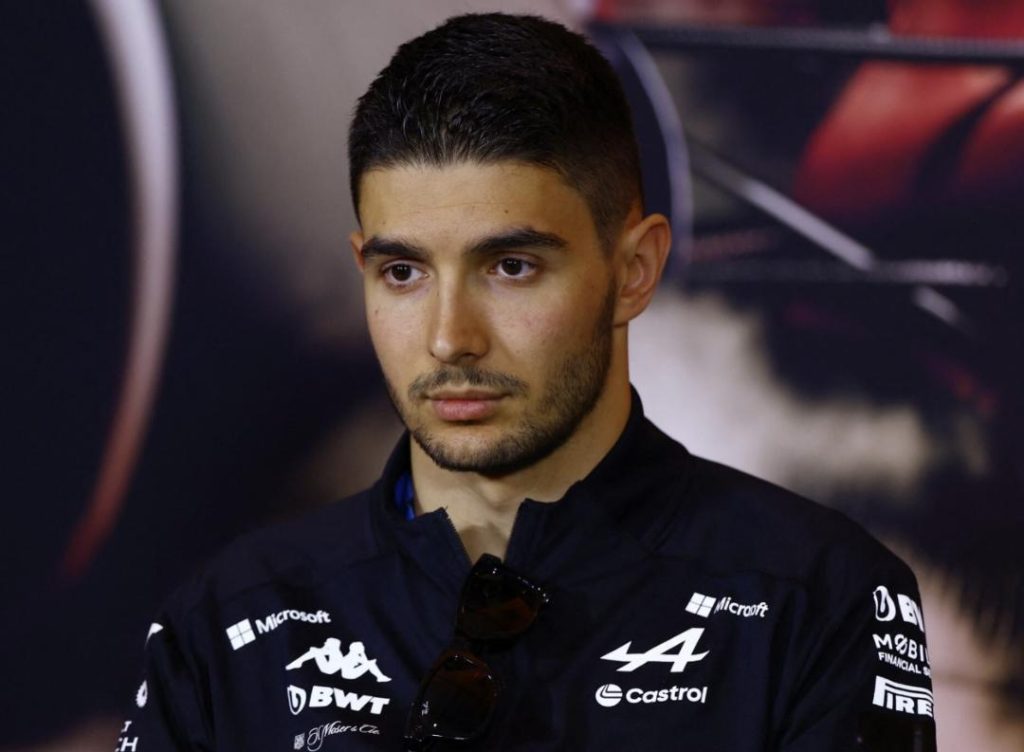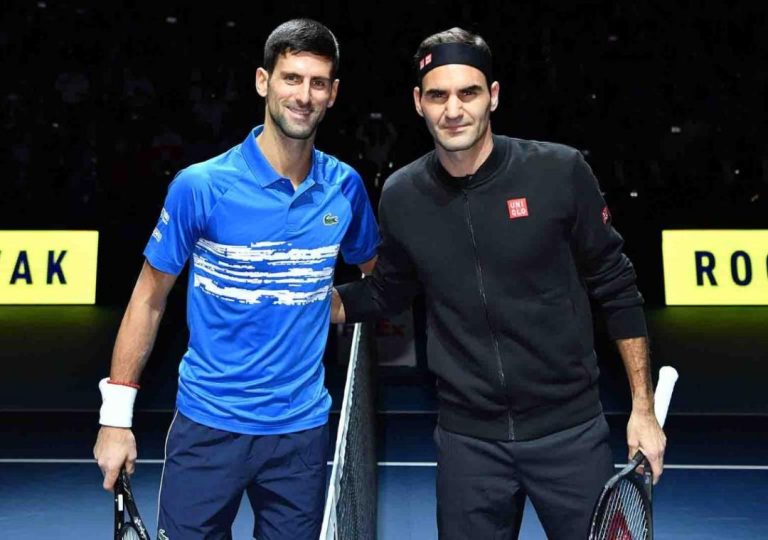
Haas Driver Esteban Ocon Says He Hates the Political Side of F1
Formula 1, often referred to as the pinnacle of motorsport, is a world where speed, skill, and strategy come together to create an exhilarating experience for fans around the globe. However, beneath the surface of high-speed racing and technological advancements, Formula 1 is not immune to the influence of politics. In a recent interview, Haas driver Esteban Ocon revealed that he has a strong disdain for the political side of the sport, acknowledging that it’s an essential part of the game, but one that he would rather not be involved in.
Ocon, who has had a remarkable career in Formula 1, having previously worked as a reserve driver for Mercedes, spoke candidly about his views on the political aspect of the sport. In an interview with a leading sports publication, the French driver expressed his frustration with the way politics can dominate the narrative, often overshadowing the on-track action. “I hate the political side of F1,” Ocon stated bluntly. “It’s not what I signed up for. I’m a racing driver, I want to focus on racing, not politics.”
However, Ocon also acknowledged that, as a driver, he has to navigate the complex web of politics that exists within the sport. “But you need to play with it,” he added. This sentiment is echoed by many drivers, who often find themselves caught up in the intricate politics of Formula 1, where teams and manufacturers vie for power and influence.
One of the key figures that Ocon has had to deal with is Toto Wolff, the team principal of Mercedes. While Wolff is widely respected for his leadership and strategic acumen, Ocon has previously spoken about the intense pressure and scrutiny that comes with being a Mercedes driver. In the same interview, Ocon spoke about the difficulties of working under Wolff’s management, saying that it’s a challenging and demanding experience.
“It’s not easy, because Toto is a very strong personality, and he has a clear vision of what he wants,” Ocon said. “Sometimes it’s hard to agree, but you have to find a way to make it work.” Ocon’s comments are a testament to the high-stakes nature of Formula 1, where teams and drivers must constantly adapt and evolve to stay ahead of the competition.
Despite his reservations about the political side of the sport, Ocon is well aware of the importance of building relationships and networking within the sport. As a driver, Ocon has to work closely with his team management, engineers, and other stakeholders to achieve success on the track. In this sense, Ocon’s comments about politics being an essential part of the game are a recognition of the reality that exists within Formula 1.
“It’s not just about racing,” Ocon said. “You need to have a good relationship with your team, with your engineers, with your sponsors. It’s all connected.” This is a sentiment that is echoed by many drivers, who often speak about the importance of building strong relationships within the sport.
In conclusion, Esteban Ocon’s comments about the political side of Formula 1 serve as a reminder that, beneath the surface of high-speed racing and technological advancements, there is a complex web of politics and intrigue that exists within the sport. While Ocon may not enjoy being involved in the political side of the sport, he is well aware of its importance and the need to navigate it successfully.
As Haas driver, Ocon will continue to face the challenges and pressures that come with competing in Formula 1, but his candid views on the political side of the sport serve as a reminder that, despite the glamour and excitement of the sport, there is a more complex and nuanced reality that exists beneath the surface.






